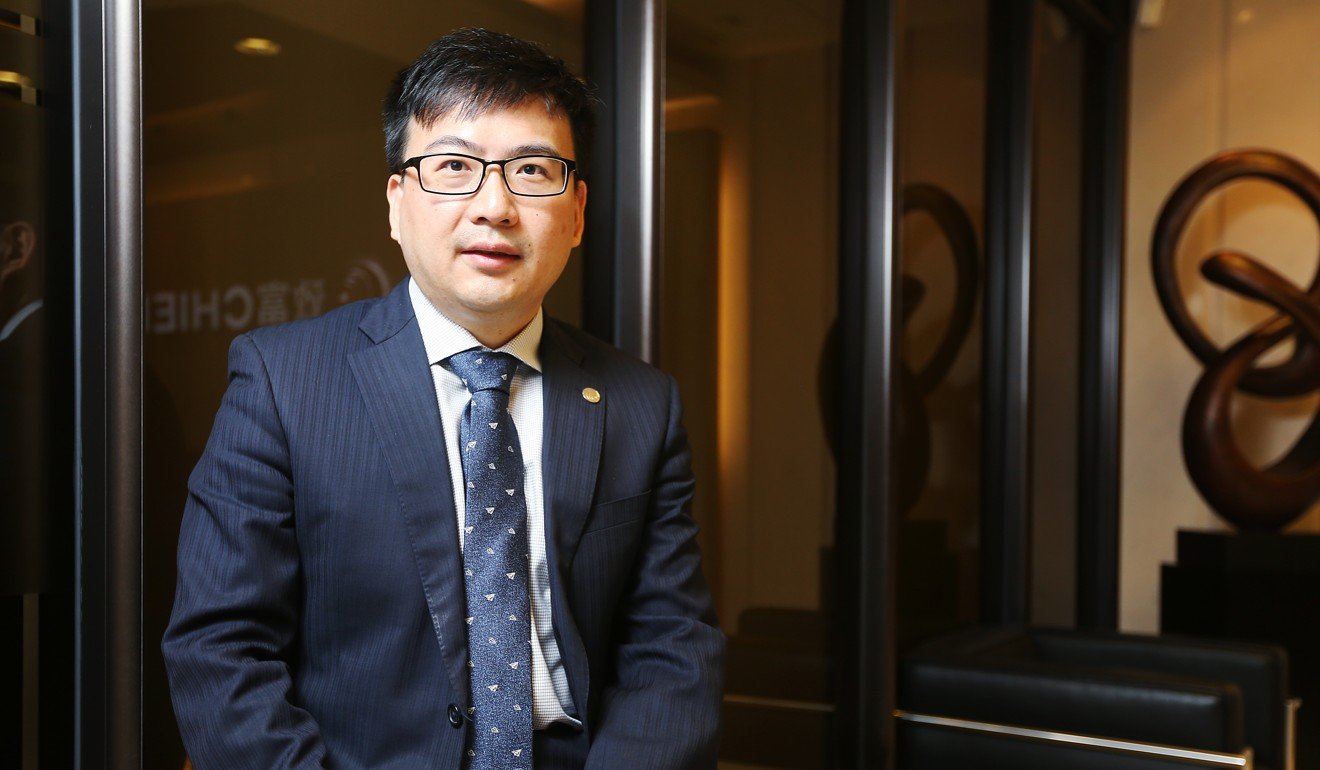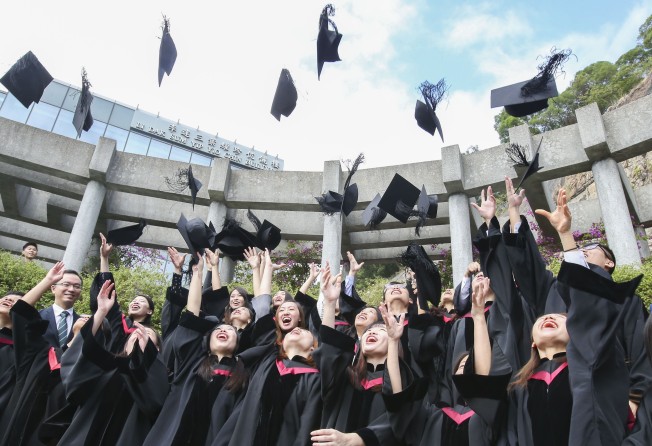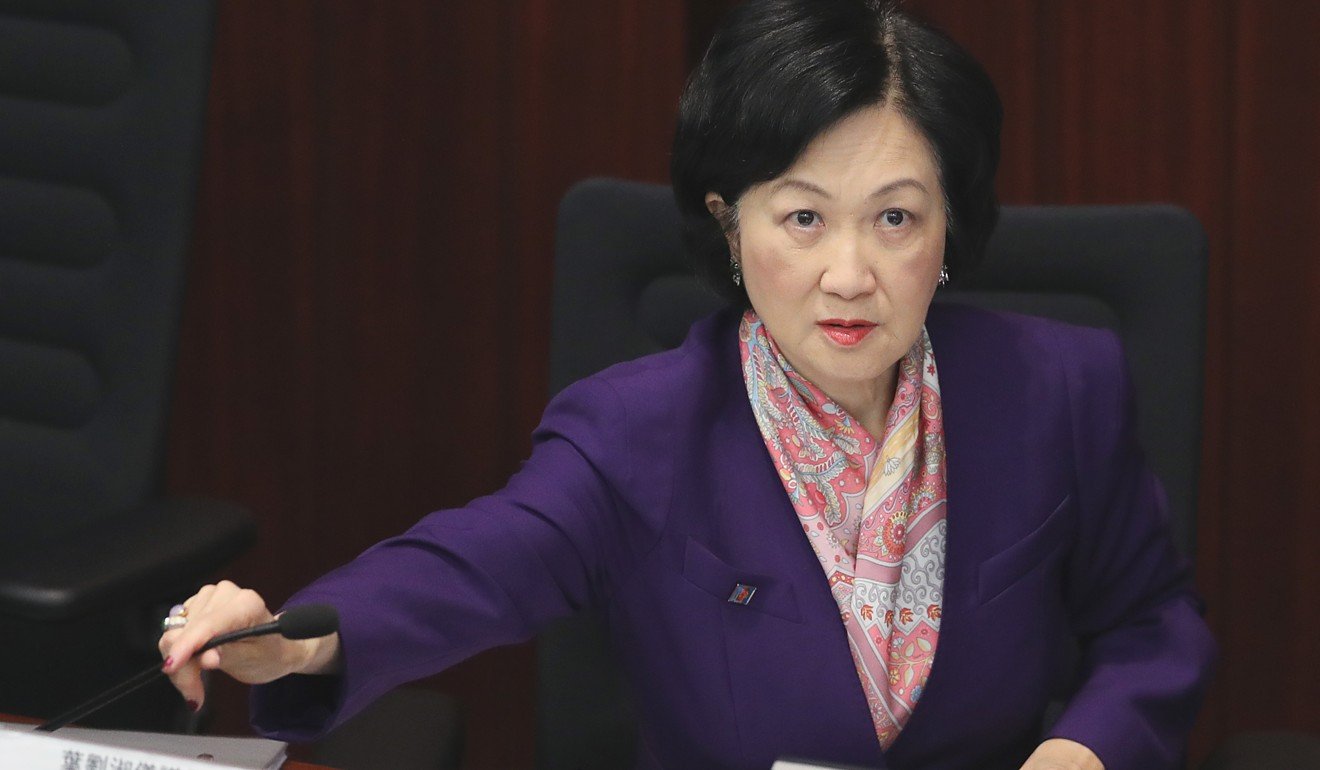
Why did only 1 in 7 on Hong Kong’s visa plan for non-local graduates take up residency?
Figures obtained by the Post spark calls for proactive attitude to keeping qualified young workers in the city

Only one in seven non-local graduates on a scheme allowing them to remain in Hong Kong after their studies has taken up residency in the past decade, with others citing high living costs, limited job prospects and cross-border tensions as deterrents.
The figures, obtained by the Post, have prompted members of the new, high-level Human Resources Planning Commission to call on the government to be more proactive in attracting people to work and live in the city.
Under the Immigration Arrangements for Non-local Graduates (IANG), launched in May 2008, university graduates from outside the city get a year of unconditional stay. Without the scheme its participants, 90 per cent of whom are from mainland China, would need to leave Hong Kong upon completing their studies, unless they get a job.
While they need to have a job to apply for visa renewal every two years, they do not have to report to the Immigration Department if they lose or change their job before their visa expires. They can apply for permanent residency after seven years in the city, including time spent studying.
The Audit Commission criticised the department in 2016 for failing to periodically compile statistics on IANG visa holders obtaining right of abode and their length of stay, saying the numbers were “key indicators of the entrants’ willingness to work or stay in Hong Kong”.
The department initially said such figures were “not readily available”, and only compiled the data after the Post requested it through the Code on Access to Information, which lists the scope of information the public can obtain.
The data showed that only 11,156 IANG participants had been granted right of abode up to last year, meaning only about 16 per cent – or one in seven – became Hong Kong permanent residents.
According to the Immigration Department, the IANG scheme had issued 70,083 of the graduate visas by the end of 2017, excluding renewed ones. About 68 per cent of recipients were master’s degree graduates and 12 per cent graduated with a PhD. The rest had bachelor’s degrees.
Data compiled by the department from 2015 to 2017 showed 64 to 74 per cent of scheme participants worked in finance, commerce and academic sectors while less than 7 per cent joined the IT industry – an area in which the government has been vocal about a talent shortage.
Non-local graduates said issues like the cost of living, job prospects, family care needs and cross-border tension were among factors affecting their decision not to take up right of abode. Most of them returned to the mainland or left for further study abroad.

One of the scheme’s participants, Yu Duo, 26, came to Hong Kong in 2014, at a time of heightened cross-border tensions because of the pro-democracy Occupy protests. She said she decided not to apply for residency because she did not find the city friendly or convenient.
Though I didn’t feel discriminated against personally, the general atmosphere in Hong Kong was not welcoming to mainlanders
“Though I didn’t feel discriminated against personally, the general atmosphere in Hong Kong was not welcoming to mainlanders,” Yu said.
Another participant, Yolanda Ye, portfolio manager at a securities firm, said she opted to live in Hong Kong but struggled to cope with the city’s “crazy” rent.
“It’s a huge burden for fresh graduates,” she said. “I lived in an apartment with two girls and my share of rent was 20 per cent of the salary from my first job.”
She added that many mainland graduates chose to return home after studying because they were the only child in their family, while some needed to take over the family business.
Michael Ye Haiya, who became a Hong Kong resident before the scheme was launched, said the city’s heavy emphasis on finance limited the employment options of mainland graduates in other subjects.

Executive councillor Regina Ip Lau Suk-yee and two members of the new Human Resources Planninsg Commission, trade unionist Stanley Ng Chau-pei and former Lingnan University head Edward Chen Kwan-yiu, said the scheme should be reviewed with a proper tracking of graduates’ career paths and with a more proactive approach to attracting qualified people to the city. Initiated by Chief Executive Carrie Lam Cheng Yuet-ngor and chaired by Chief Secretary Matthew Cheung Kin-chung, the commission concluded in its first meeting on April 9 that Hong Kong should enhance its efforts in attracting outside talent.
“The government needs to overhaul its mindset,” Chen said.
Ng said an effective talent admission scheme should also be able to attract the types of people needed for industries Hong Kong wants to develop.
Ip said “random sampling surveys and focus group interviews” should be carried out to find out the real inclinations of non-local graduates when it comes to staying in the city.
A spokesman for the Education Development Bureau, which oversees the scheme with the Security Bureau, said the government reviewed IANG from time to time to ensure it serves its purpose of retaining non-local young workers.